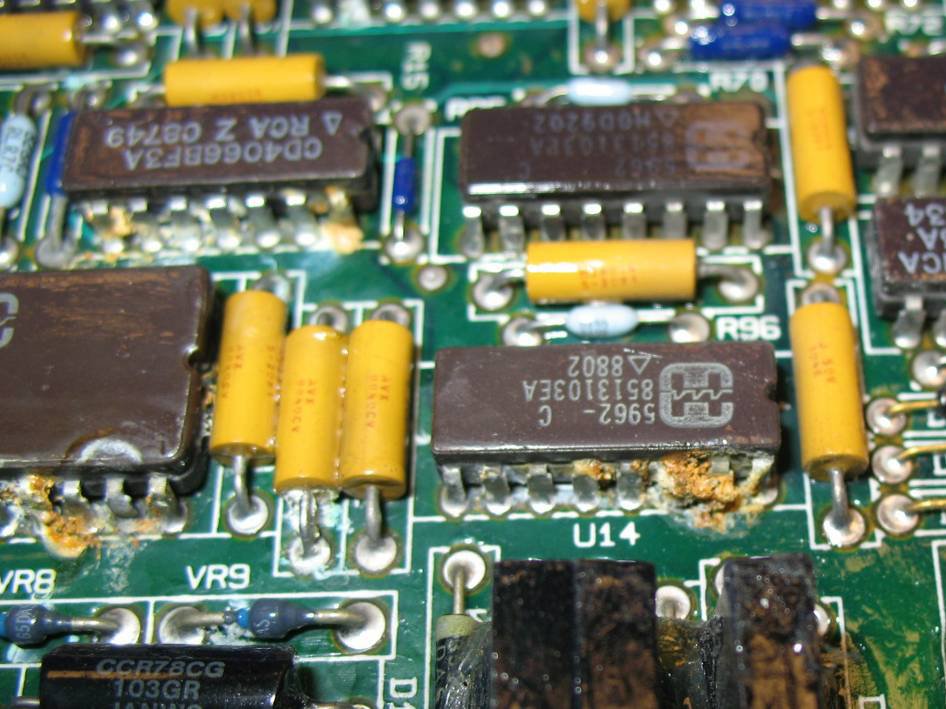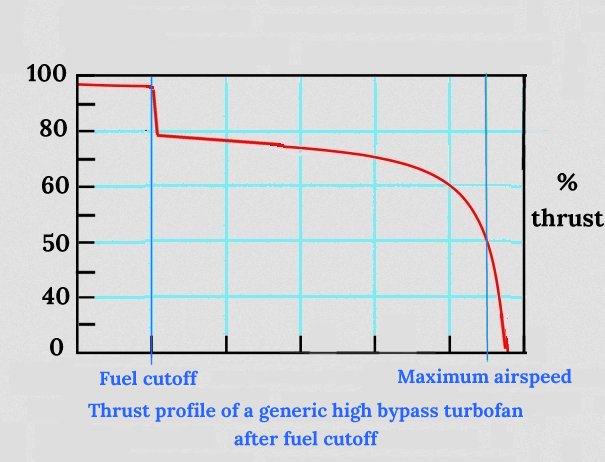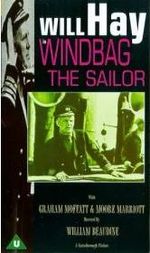 Air India Flight 171 - Flawed EE Bay Water Ingress Theory
Air India Flight 171 - Flawed EE Bay Water Ingress TheoryAir India Flight 171 - Flawed EE Bay Water Ingress TheoryRichard Godfrey, in many videos on the...
 Air India Flight 171 Accident Summary - Key Findings
Air India Flight 171 Accident Summary - Key FindingsAir India Flight 171 Accident Summary - Key FindingsThe purpose of an air accident report is to...
 Air India Flight 171 - Ask The experts
Air India Flight 171 - Ask The expertsAir India Flight 171 - Ask The expertsAn open letter to H. Lawrence Culp, Jr., Chairman and Chief...
 Air India Flight 171 - The Vital Seconds
Air India Flight 171 - The Vital SecondsAir India Flight 171 - The Vital SecondsThe Timeline - Vital Seconds.This timeline is constructed...










